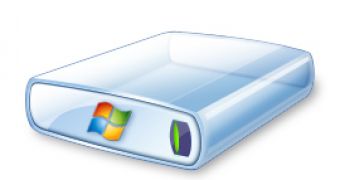McAfee has warned that Windows Live SkyDrive is serving spam. The security company reveals that the fault does not lay with Microsoft's free online hosting service, but with its users. More specifically, malicious users have started abusing SkyDriver, formerly known as Windows Live Folder, in order to send out spam. Chris Barton, a McAfee security expert, explained that the McAfee labs managed to trap a consistent amount of spam that was taking advantage of the free service in order to send out spam.
"So what makes services like these worth abusing and attractive to spammers? [Well] unique urls, domains relatively safe from blacklisting, link longevity, abuse handling issues, features - host *almost anything*, great price - someone else pays the hosting costs", Barton stated. Microsoft has terms of service in place, clarifying the fact that spamming techniques are automatically in breach of the agreement. However, this has failed to actually stop spammers from abusing the service.
SkyDrive is a free Microsoft service focused on providing hosting in the cloud. The service debuted into Beta stage in 2007, under the Windows Live umbrella brand, and is currently offering no less than 1 GB of free online storage. The concept behind SkyDrive is a combination between providing users with online storage, access to their information independent of platform and a collaborative environment. In this context, SkyDrive fits into the Redmond company's Software plus Service business strategy. But it also has its caveats.
"It's a great value proposition for abuse isn't it? Well not really, it the same proposition as just about ever other file sharing service out there, this one just got hit, big, suddenly. Another interesting point is the number of times we trapped each url was interestingly low for such a big campaign, I'd therefore estimate they had tens of thousands of files uploaded. We've seen a few small scale spam using SkyDrive service dating back to November last year but were on an much smaller scale to last nights campaign. I'm sure it won't be too long before it's used to host other unwelcome content types I'd like to see more of these online file storage offerings malware scanning downloads too", Barton added.

 14 DAY TRIAL //
14 DAY TRIAL //